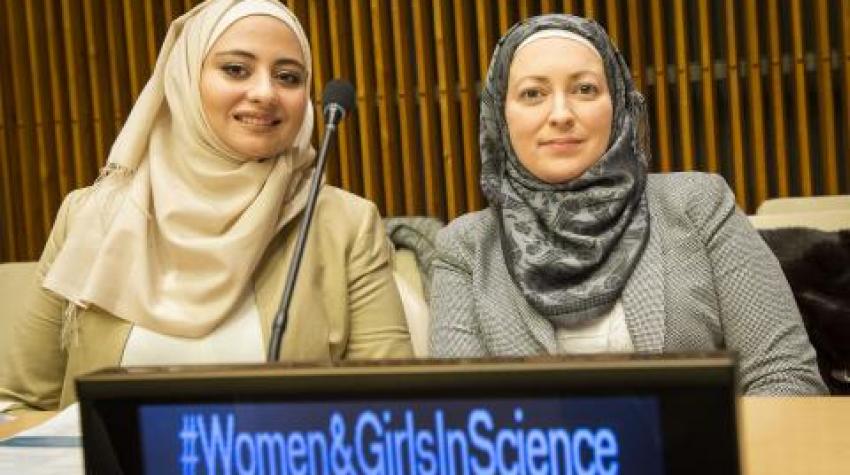Science and technology are often considered to be the forte of men. #Today is the International Day of Women and Girls in Science (11 February), which presents an opportunity to dispel myths, celebrate women who made crucial discoveries and inventions in the world of science, such as physicist Marie Curie, primatologist #JaneGoodall and marine biologist Rachel Carson, and support @UNESCO activities and @UN_Women efforts to promote women and girls in science. #DYK Marie Curie was the first woman to be awarded a #NobelPrize; the first person to be awarded two Nobel prizes; and the only Nobel Laureate with Prizes in two different scientific categories? Yet, only around 30 per cent of all female students select science, technology, engineering, math (STEM)-related fields in higher education. Watch this video on why support to women and girls in technology and science is important. For background information on @UN activities on educating women and girls, see two 1969 reports on access of women to education; the agreed conclusions 1997/4 adopted by @UN_CSW in 1997; a 2011 report of the Secretary-General on education and training of women; and the open working group’s 2014 report on the Sustainable Development Goals. #UNGA adopted resolution 70/212 on the International Day on 22 December 2015.
Also see #WomeninScience; @UN_CSW; #GenerationEquality; #SDG5; #SDG4

